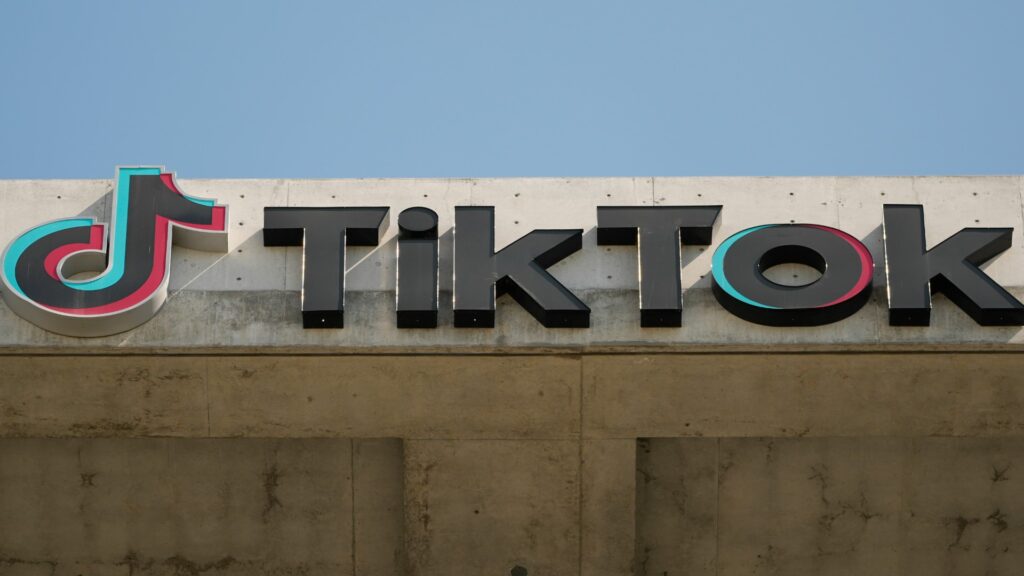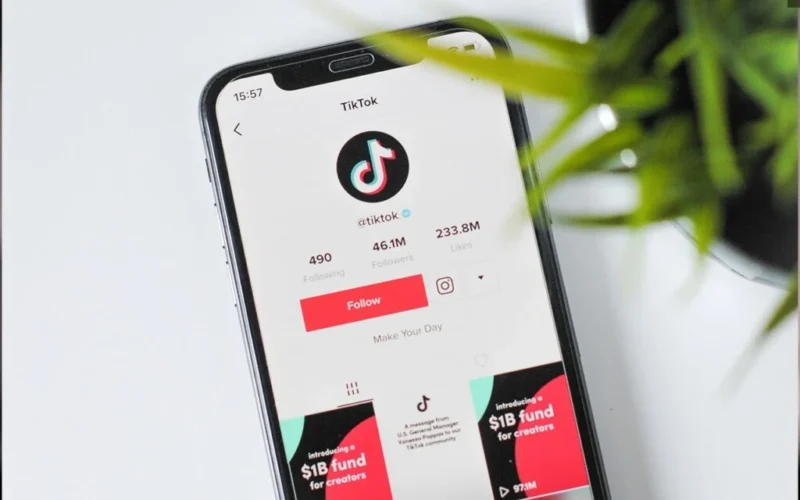More than a dozen states, along with the District of Columbia, have filed lawsuits against TikTok, a popular short-form video platform, accusing the app of causing harm to youth mental health. These lawsuits, filed on Tuesday, allege that TikTok’s design is intentionally addictive, particularly for young users. The platform’s addictive qualities, according to the plaintiffs, are leading to significant mental health issues among children and teens, such as anxiety, depression, and body image concerns.
The legal action stems from a national investigation that began in March 2022, led by a bipartisan coalition of state attorneys general from California, Kentucky, New Jersey, and others. All lawsuits were filed in state courts, with each suit primarily focusing on the role of TikTok’s algorithm in promoting harmful content and behaviors.
TikTok’s Algorithm: The Heart of the Lawsuits
The central argument in these lawsuits revolves around TikTok’s content curation system, which drives the app’s main “For You” feed. This feed curates content based on users’ preferences and behavior on the platform. While TikTok’s approach is a key reason for its popularity, the lawsuits claim that it is also responsible for promoting addictive behaviors among young users.
The complaints state that TikTok’s design is intended to engage children and teens for extended periods of time, with features like endless scrolling and constant push notifications that encourage users to stay on the platform. These notifications are said to have built-in “buzzes” that create a sense of urgency and compulsion. Moreover, the use of face filters is highlighted as another problematic feature, contributing to unattainable beauty standards and body dysmorphia among youth.
In the District of Columbia’s complaint, the system is described as “dopamine-inducing,” intentionally designed to keep young users hooked on the app for hours. The lawsuit emphasizes that TikTok exploits these addictive tendencies despite knowing the psychological and physiological harm it may cause.
The Impact on Youth Mental Health

The plaintiffs argue that TikTok’s addictive nature is directly contributing to severe mental health issues in children and teenagers. According to the lawsuits, prolonged exposure to TikTok can result in a range of psychological disorders, including anxiety, depression, and body image issues. The complaints underscore the platform’s role in encouraging behaviors that exacerbate these conditions, particularly in vulnerable youth populations.
Brian Schwalb, the Attorney General of the District of Columbia, stated that TikTok is profiting from addicting young people to its platform, pointing out that the company’s primary source of revenue—advertising—is tied to how long users stay engaged on the app. He stressed that the longer children remain on TikTok, the greater the mental health toll on users.
Safety Concerns and Bypassed Restrictions
TikTok officially prohibits users under the age of 13 from signing up for its primary platform, and the company has also implemented content restrictions for users under 18. However, many of the states involved in the lawsuit argue that these restrictions are easily circumvented, allowing children to access content intended for adults. This raises further concerns about the app’s safety, particularly for younger audiences.
Financial Exploitation Through TikTok’s Virtual Economy
The lawsuits go beyond mental health concerns and also challenge TikTok’s in-app financial system. The District of Columbia’s complaint alleges that TikTok operates as an “unlicensed virtual economy.” Users can purchase “TikTok Coins,” a form of virtual currency, and send virtual “Gifts” to TikTok streamers. These gifts can be converted into real money, with TikTok taking a 50% commission on transactions.
The lawsuit claims that TikTok is profiting from these transactions without proper financial oversight, as the company is not registered as a money transmitter with the U.S. Treasury Department or other regulatory authorities. This lack of regulation, according to the complaint, creates an environment ripe for exploitation, particularly for younger users who may not fully understand the financial implications.
Exploitation on TikTok LIVE
Another serious allegation in the lawsuits is that TikTok’s LIVE streaming feature exposes young people to sexual exploitation. Officials argue that teens are frequently exploited for explicit content during live streams, with TikTok profiting from the financial transactions that occur in these sessions. This practice has led some officials to liken TikTok’s LIVE feature to a “virtual strip club” that operates without age restrictions.
Legal Precedents and Comparisons to Other Social Media Platforms
These lawsuits against TikTok are part of a larger trend of states taking legal action against major social media companies. Over the past few years, several states have filed lawsuits against tech giants like Meta (the parent company of Facebook and Instagram) and YouTube, accusing them of harming young people’s mental health and allowing the exploitation of minors on their platforms.
In some instances, these lawsuits are being coordinated in a way that mirrors legal actions taken against industries like tobacco and pharmaceuticals, which were held accountable for public health crises. For example, last week, Texas Attorney General Ken Paxton sued TikTok for allegedly sharing and selling minors’ personal information in violation of a new state law.
National-Level Challenges for TikTok
In addition to the state-level lawsuits, TikTok is facing significant legal challenges on the national stage. A federal law passed earlier this year mandates that TikTok could be banned from operating in the U.S. by mid-January 2024 unless its parent company, ByteDance, sells the platform to a U.S.-based company. TikTok and ByteDance are currently challenging this law in court, and a panel of three judges is expected to rule on the case soon.
The lawsuits against TikTok represent a growing concern over the impact of social media on youth mental health, with state governments increasingly stepping in to hold companies accountable. While TikTok disputes the allegations and is fighting the lawsuits, the outcome of these cases could set significant precedents for how social media platforms are regulated in the future, especially regarding their influence on younger users.





